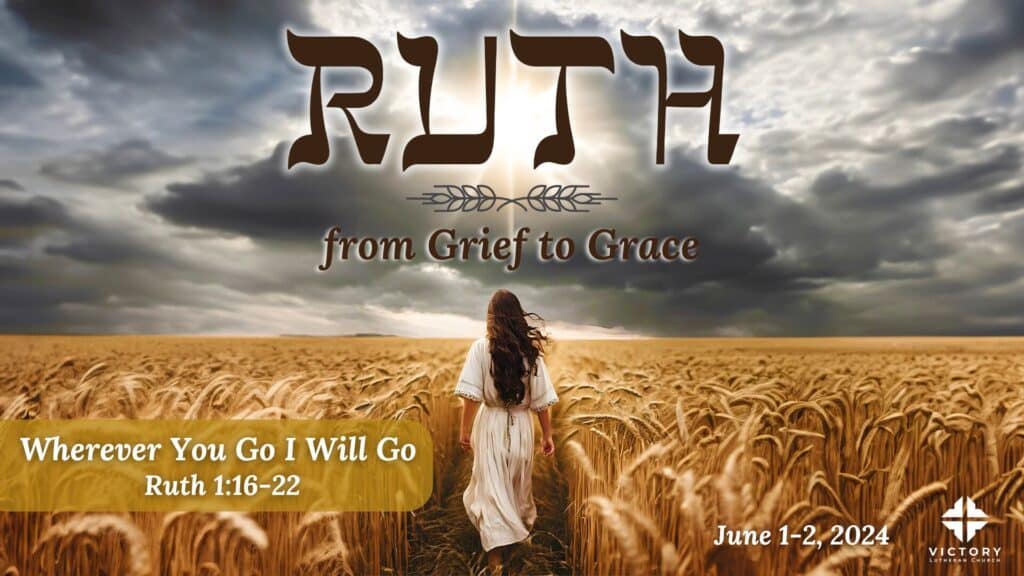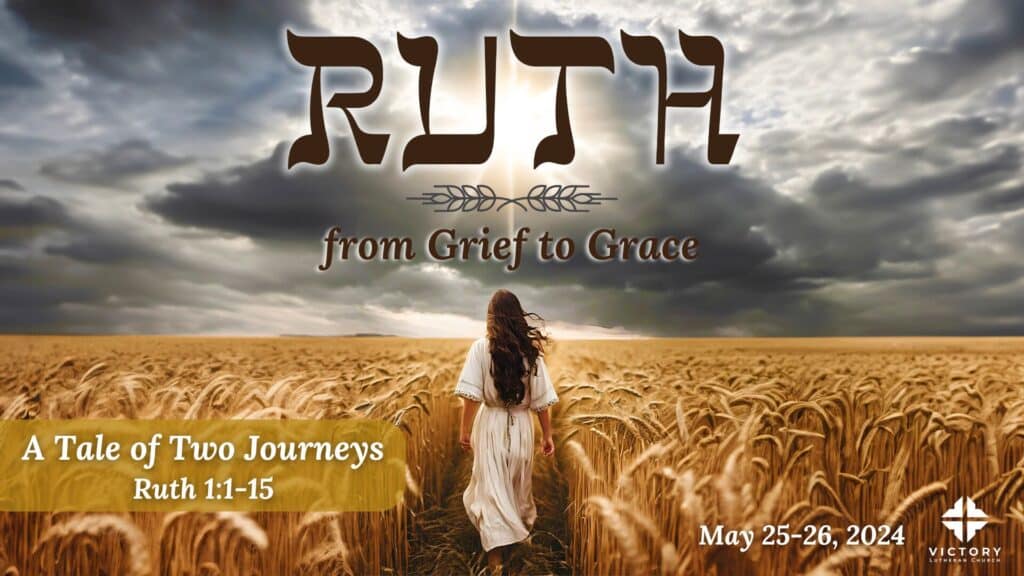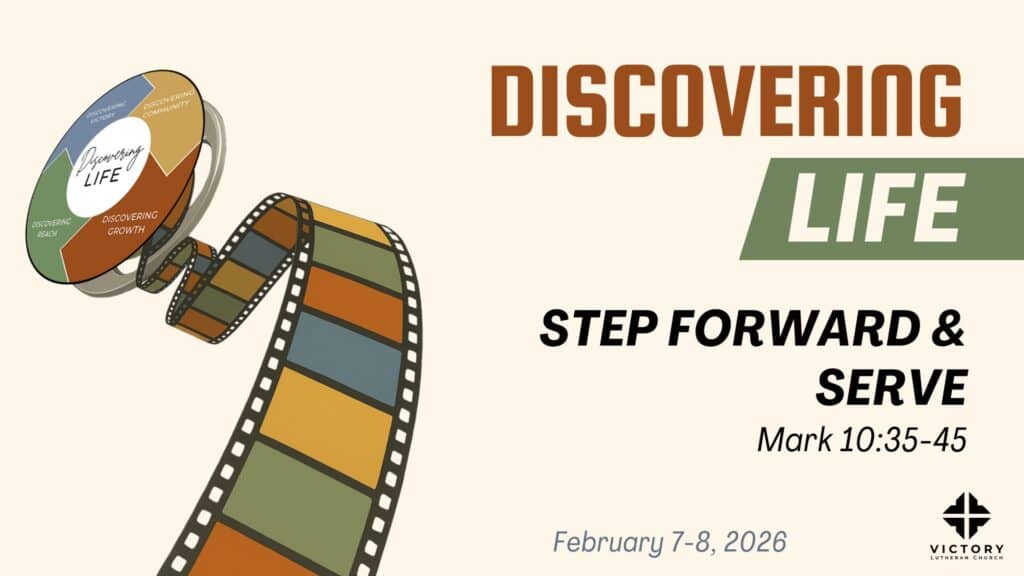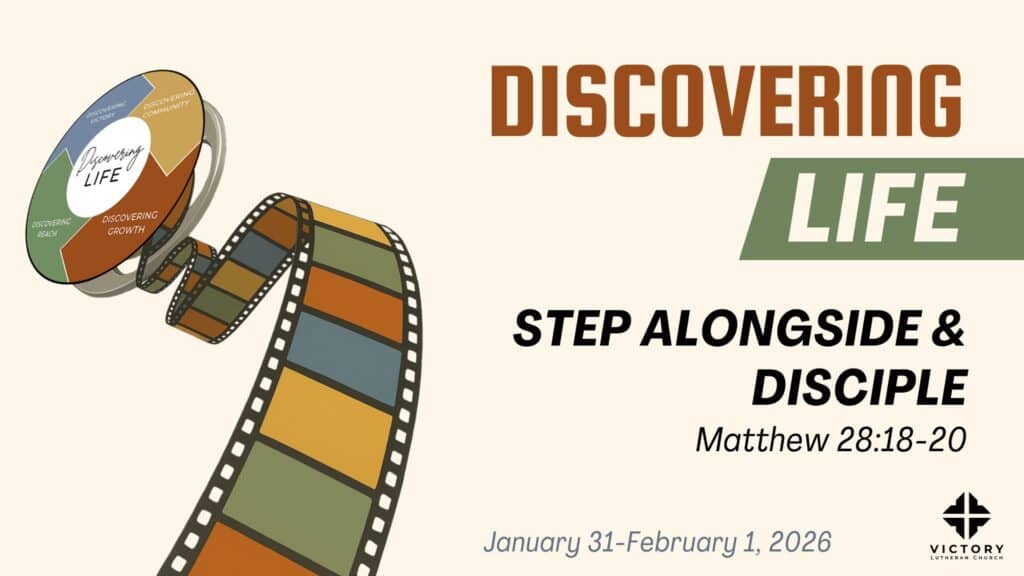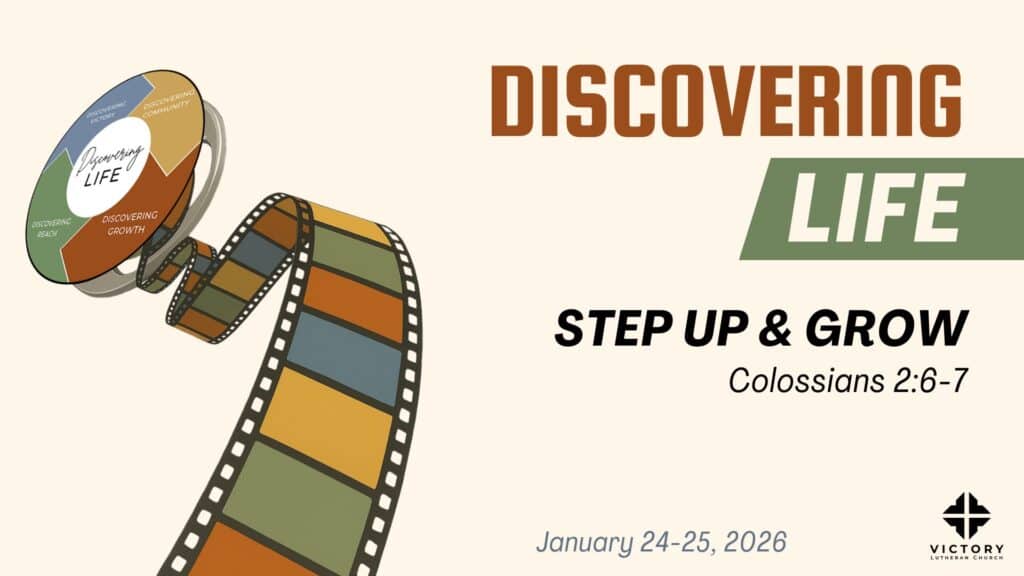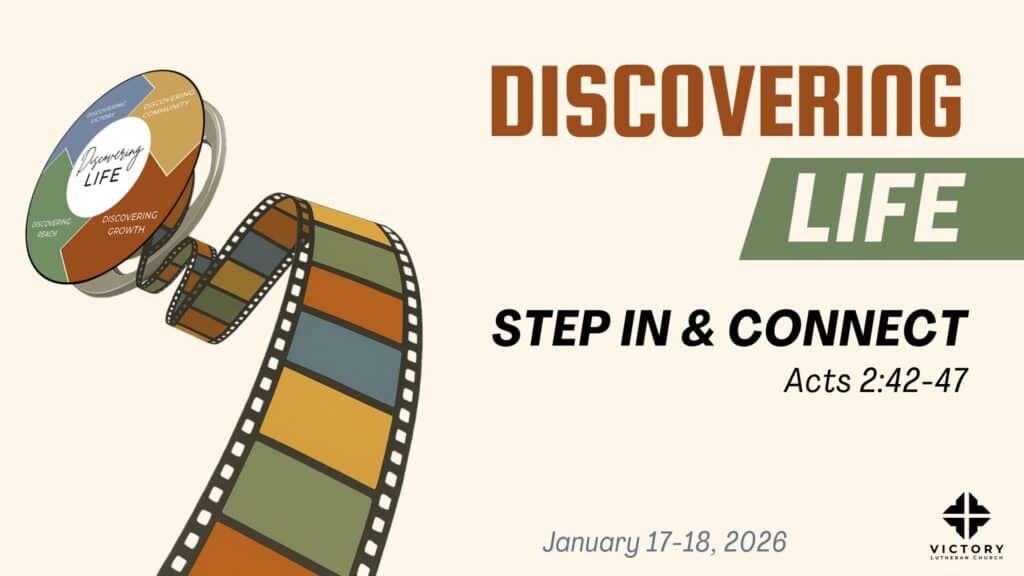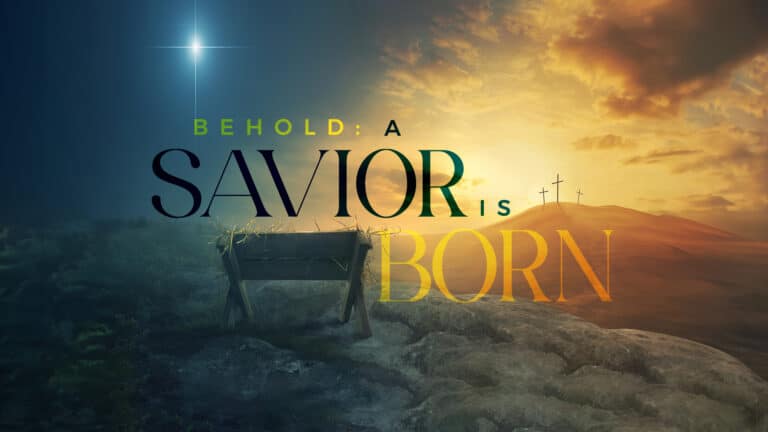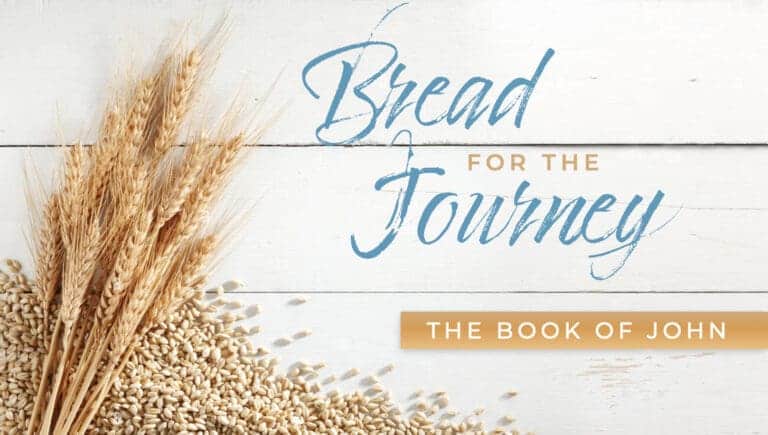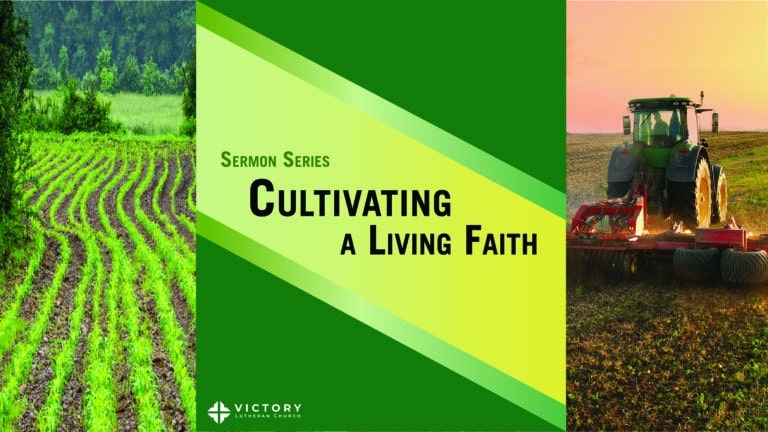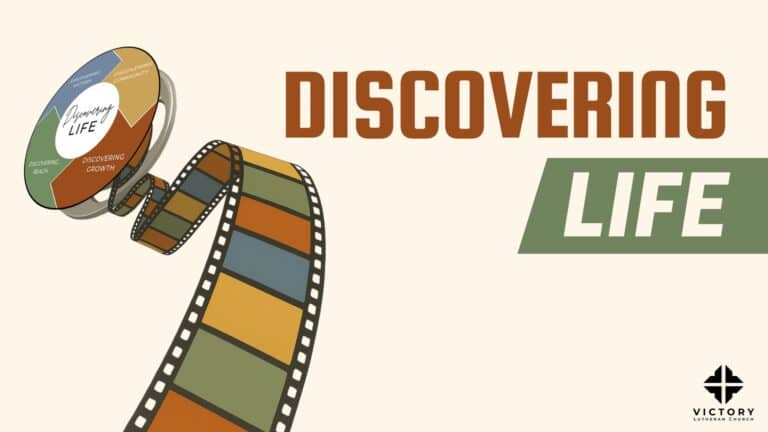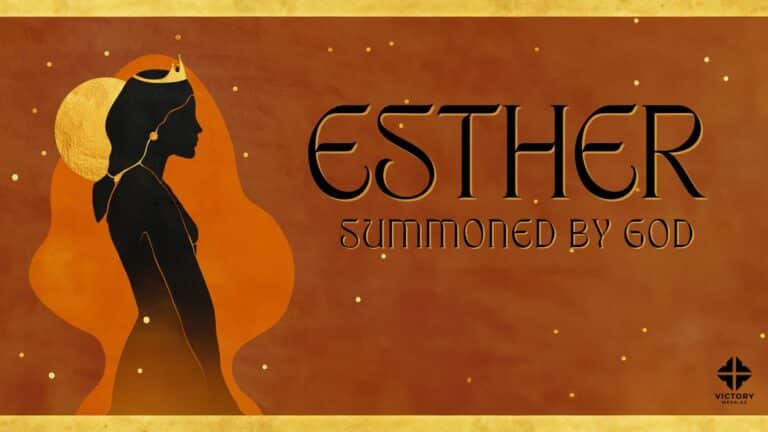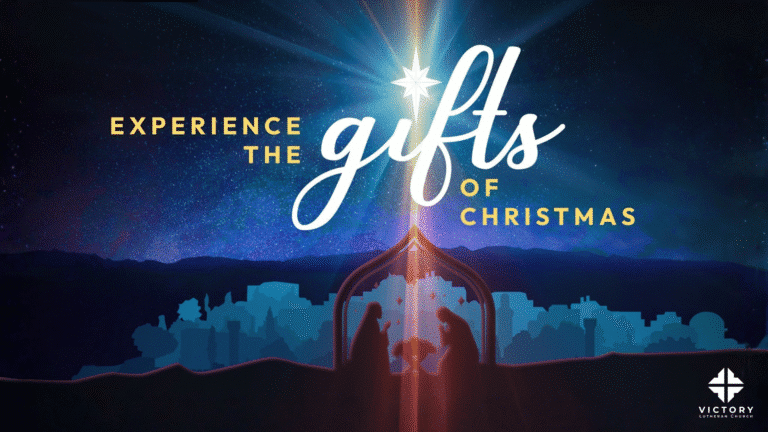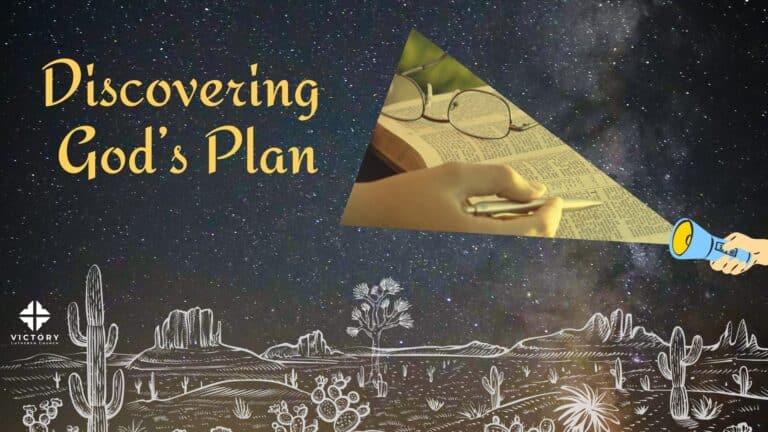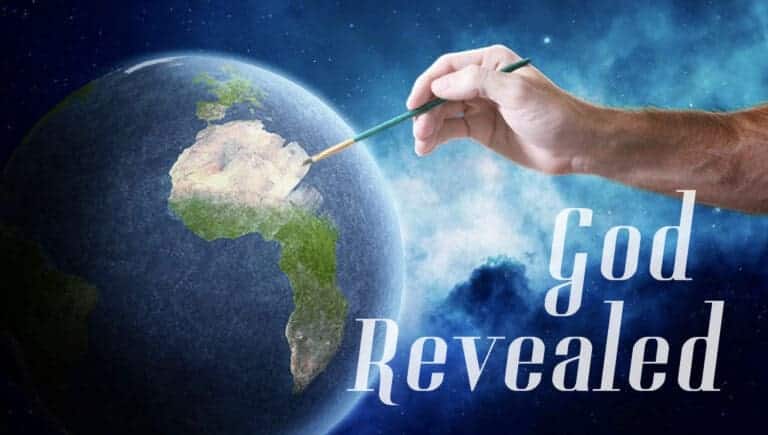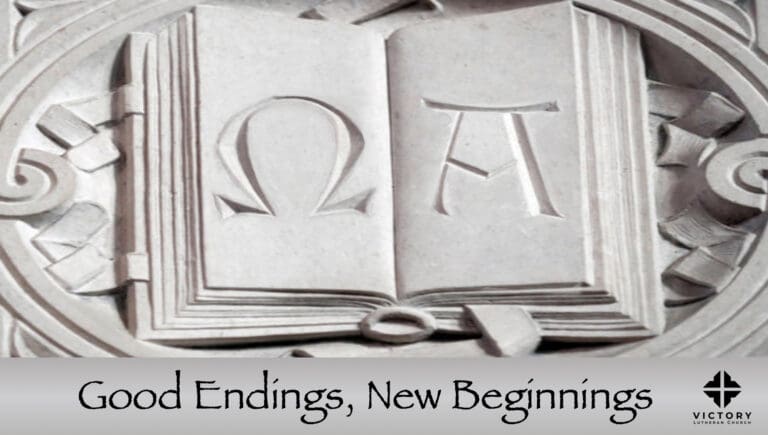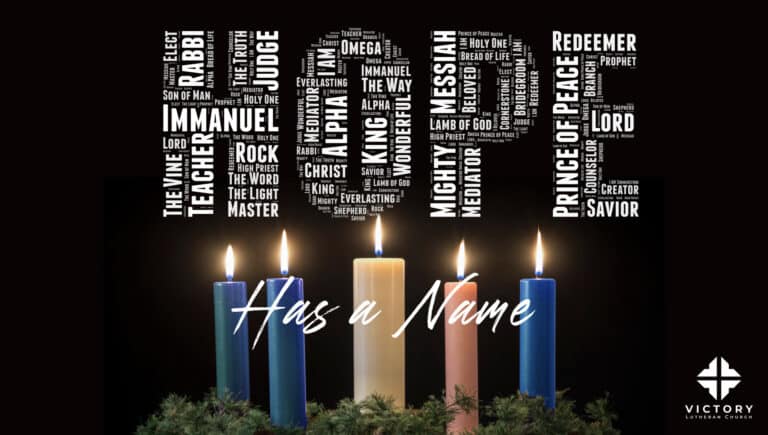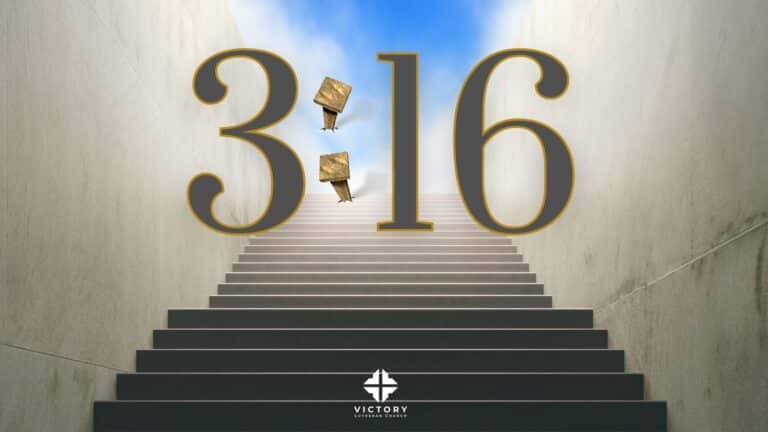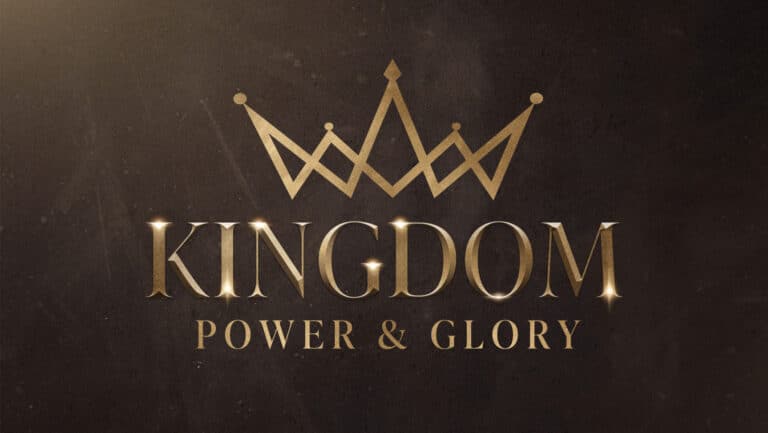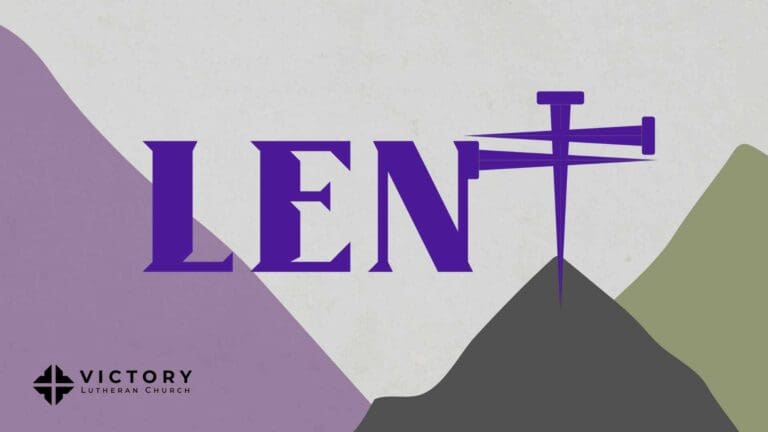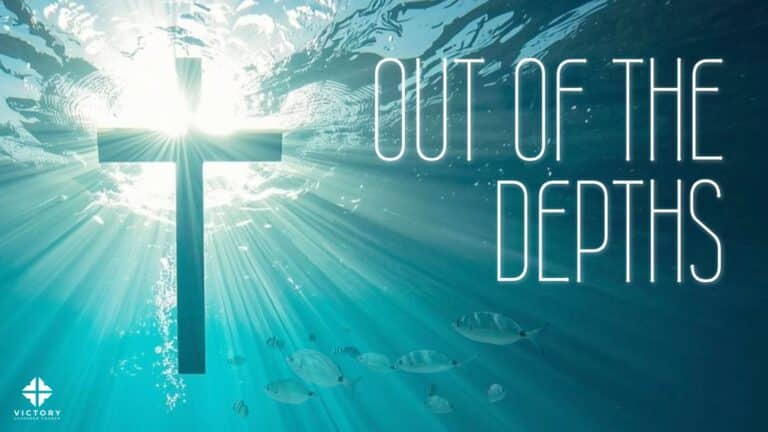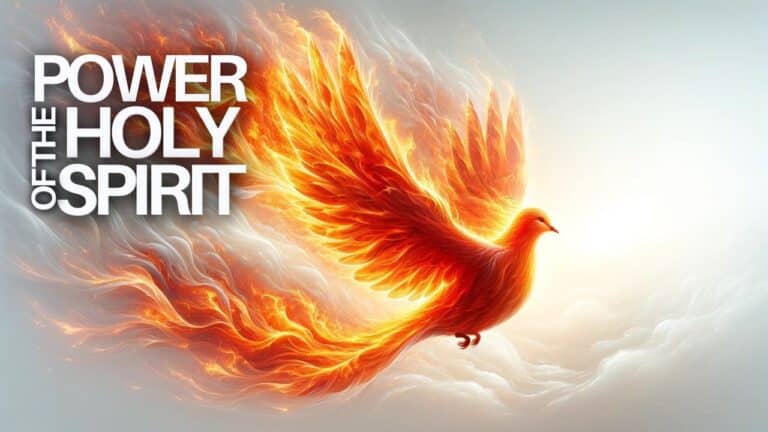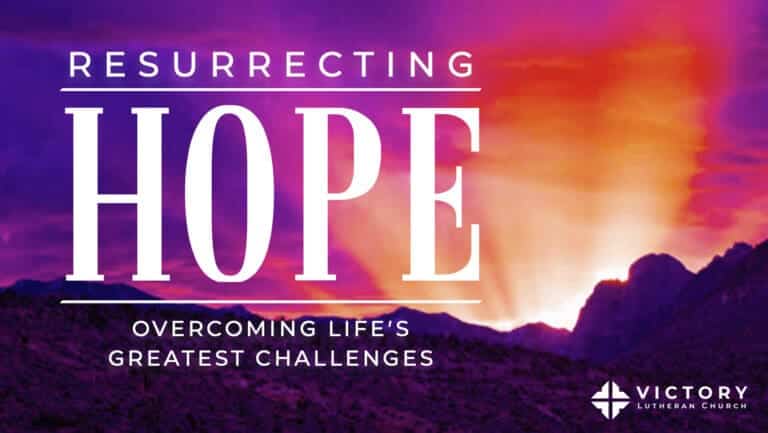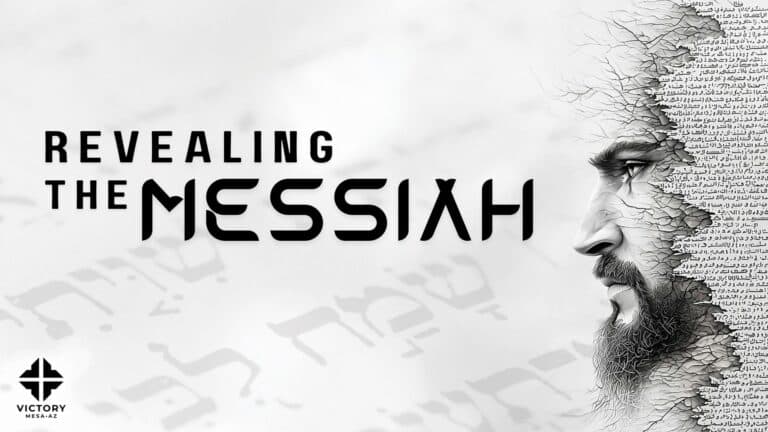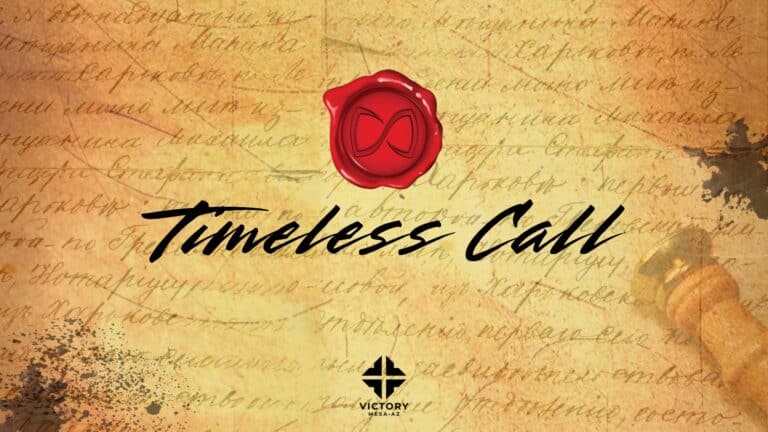Good morning, dear friends. Grace to you and peace from God, our Father and our Lord and Savior Jesus Christ. Amen. Let’s pray. Dear Father, thank you for bringing us to this powerful story of your grace. Jesus, thank you for sending the Holy Spirit to open the eyes of our hearts so we can discover once again the power of your grace as we study your word this morning. And Holy Spirit, come and take me out of your way and give me words that come from you. We pray in Jesus name, Amen. Well, here we are at the end of our study of the book of Ruth. What an incredible journey it’s been over the last five weeks. The Holy Spirit has come week after week to show us the gospel in a story. Remember, He started us out on that lonely, grief stricken road of sorrow from Moab to Bethlehem. Then he took us into the barley fields where Ruth inspired us with her humble servant’s heart and her devotion to her mother in law, Naomi. And then the Holy Spirit came and told us more about Ruth’s story and let us know that it was a much larger part of God’s redemption story. It was more than just about Ruth and Naomi, especially when she met the relative Boaz. Today, he’s going to take us into the end of this powerful story of redemption, ending not as a romance novel like some of us would think, but with a genealogy, a genealogy that ultimately leads to Jesus Christ, our King Jesus, our Savior and Lord. So I will continue reading from chapter 4, starting with verse 13. So Boaz took Ruth and she became his wife. When he made love to her, the Lord enabled her to conceive and she gave birth to a son. He was the father of Jesse, the father of David. The word of the Lord.
How’s your study of the book of Ruth gone this summer? I don’t know about you, but at times I couldn’t wait to get to the next verse just to see what was going to happen next. Where was God going to show up again and again in this powerful story? This was especially true for me last week. I felt like we left on a cliffhanger. You remember, Ruth and Boaz were sitting on the edge of his bed on the threshing floor. We just learned that he was going to try to make somehow a way for him to be her husband. Some of us, when we read that, might have thought is this how God will finally do what he does best? Take Naomi and Ruth from the intense grief that they were in and give them redemption through his healing grace. You know that brings us to our first point today when it seems like nothing is happening. God is still working in our lives. We see this very clearly throughout all of chapter four. It opens in an unusual place. Boaz is no longer in the threshing floor. He is now sitting at the town gate, waiting for an unnamed kinsman redeemer that we heard about in the reading this morning. Boaz is there because he wanted to accomplish an important legal matter, and in his case, His culture, that’s where you went.
You went to the town gate. You gathered people around you, especially the elders of the town. And so as we heard earlier in verse 3, Boaz says this to the kinsmen redeemer. Naomi, who has come back from Moab, is selling the piece of land that belonged to our relative Elimelech. I thought I should bring the matter to your attention and suggest that you buy it in the presence of all of those that are seated here, and in the presence of the elders of my people. If you will redeem it, do so. But if you will not, then tell me, so I will know. For no one has the right to do it except you, and I am next in line. Amen. That unnamed kinsman redeemer says, I will redeem it. And our hearts kind of go, Oh, but I wanted Boaz to marry Ruth. I want to pause here. I want to remind us something very important that Pastor Todd taught us last week. Both of these men are in line to be kinsman redeemers for Naomi. But there are three things that a kinsman redeemer had to do. If you remember, Pastor Todd told us they had to be kin. Both of these men were relatives of Naomi. They fit that bill. They had to have the ability to do the redeeming, and both of them did. But the third thing they had to do, and probably the most important, is they had to be willing to fulfill the duty of the kinsman redeemer. And clearly, both men were not. At first, the unnamed man says, I will do it. I’ll redeem it. But you know, that brings us to the second point. Don’t predetermine what God can and cannot do with the people He puts in our lives.
For the man at first says, I will do it. But then, just when we think he’s going to end up with Ruth, Boaz says, Oh, by the way, let me tell you something. On the day that you buy the land from Naomi, you also acquire Ruth the Moabite, the dead man’s widow, in order to maintain the name of the dead and his property. Well, at that, the man said, Um, I’m going to have to back out of this. This is just too much for me. Verse 6 says, Then I cannot redeem it because I might endanger my own estate. You redeem it yourself. I cannot do it. So the kinsman redeemer said to Boaz, Buy it yourself. And it removed his sandal. Now you may be thinking, why did he take off his sandal? Well, that was how you ended legal transactions back then. So he gave his icky, probably muddy, looky sandal over to Boaz. Put it in his hand, and Boaz didn’t even miss a beat. He just grabbed it, and he put it in the air, and he said, I will buy all of the property of Elimelech, and Kilion, and Maelon. I’ll get it back from Naomi, and I will take Ruth the Moabite, Maelon’s widow, to be my wife, so that Maelon’s name would not disappear from among his family or from the town’s records. You just can’t make this stuff up. You know, if anybody tells you the Bible is a boring old book, they should read the book of Ruth. This is exciting stuff. God is in the middle of this. It’s so exciting to read it. You know, at this point, the community in Bethlehem rallied around this brand new couple, Ruth and Boaz.
And they pronounced not just nice feelings and good thoughts like we do so often in our culture. No, the blessing that they have pronounced upon this couple came right from the faithful acts of God in the past, leading to and expecting God to bless this couple with God’s plans that he had For them in the future, and through them, they were pronouncing a blessing for all of Israel. Listen again to what the community said. May the Lord make this woman who is coming into your home like Rachel and Leah, who built, who together built up the family of Israel. May you have standing in Ephrathah, and be famous in Bethlehem. Through the offspring the Lord gives you by this young woman, may your family be like that of Perez, whom Tamar bore to Judah. In essence, this is what they were saying. They were calling upon the Lord God of Israel to take a widowless. Childless Moabite woman, and bless her with the same type of fertility that God had given Rachel and Leah. You remember them? They bore 12 sons who became the 12 tribes of Israel. They were counting on God to give a legacy through this Moabite woman.
And not only that, they were embracing her now as a true Israelite. And they were looking to her to play a prominent role in their society and ultimately in the legacy of Israel. And that leads us to verse 13. I don’t know about you, but at first, when you read it, it’s kind of a letdown. He’s been so detailed, this author. He’s giving, even telling us about the sandal. But then, for the wedding, he says, So Boaz took Ruth, and she became his wife. That’s the wedding. And then they did what adults do, and she got pregnant and had a baby. And at that, Roa, uh, Boaz, Boaz and Ruth fade off into the background. And the lens of the story, the camera comes right back smack into Naomi’s face.
Do you remember when we first met Naomi? Back in Chapter 1? Do you remember how she was? It’s important for us to go back and understand that because something very important is about to happen when this baby is born for Naomi. Let me remind you. Chapter 1 verses 19 to 21 say so the two women that is Naomi and Ruth when they went they went on until they came to Bethlehem when they arrived in Bethlehem the whole town was stirred because of them the women exclaimed can this be Naomi don’t call me Naomi she told them call me Mara because the Almighty has made my life bitter I went away full, but the Lord has brought me back empty. Why call me Naomi? The Lord has afflicted me. The Almighty has brought misfortune upon me. That’s where she was when we first started. But listen to those same women who were so excited that after ten plus years, they saw Naomi. Listen to what they say. Now, at the birth of the baby, the women say, Praise be to the Lord who this day has not left you without a guardian or a kinsman redeemer. May he become famous throughout all of Israel. He will renew your life and sustain you in your old age. For your daughter in law who loves you and who is better to you than seven sons has given him birth. Did you hear it? Amen. They didn’t just, let me tell you, that brings us to our third point. God can take what looks like emptiness to us and turn it into fullness. I went away full, I came back empty, but listen to the fullness that God has graced her with. She came back full of grief. She came back full of bitterness. Naomi came back believing that God had left her empty and had inflicted her, but that was the farthest thing from the truth. God had never abandoned her. In fact, do you remember, He’s the one that sent word all the way to Moab, Naomi, come on home.
God had already planned a way for this particular day in Naomi’s life to happen. This was the day He would redeem her life. I love how the author writes the blessing that these women spoke upon her. They didn’t just say, Look, Naomi, the Lord has provided a kinsman redeemer for you. No, no, no. They said, He has not left you without. A kinsman redeemer, it’s a double negative. He has not done this thing that you were so afraid that he would do. He did the opposite instead. He has not left you empty for the rest of your life. Dear friends, there are so many times in our lives when we are just like Naomi, thinking that God is going to do the very thing that we fear the most. And then it turns out that after we get through that time of trial and we look back, He’s done exactly the opposite of what we thought He was going to be doing for us. When we are in the thick of our trials, we can’t always see God’s faithfulness, but that doesn’t mean he’s not being faithful. In fact, I would bet if I sat down with any one of you today, and I asked you to tell me about one of the worst times of your life, as you were telling me, as you were recalling it, I bet you could say, and God was here, and God was there, and God was there. Just can’t see it at the moment. But that doesn’t mean He’s not there. Because God is faithful in accomplishing His will for our lives, even in, and I would dare say, especially in the darkest moments of our lives. And I pray that if you are currently walking through one of those seasons, please, keep your eyes fixed on Jesus. Because His plans and His purpose and His will for your life is still ongoing. Whether you can feel it at the moment or not. We see this so clearly in verses 16 and 17. Then Naomi took the child in her arms and cared for him. Some translations say, and she became his nanny. The women living there said Naomi has a son, and they named him Obed.
He was the father of Jesse and the father of David. Earlier, do you remember, I told you that the women helped Naomi see that God had not done what she feared most, but he had not left her empty? fullness. And just like our, isn’t it just like our faithful God to do so? Would you have thought that when we first met her? When she was in her suffering? When she was in her bitterness? When she was ranting against God? His hand has come against me. When she was saying to her daughters in law, Go away, there’s nothing that I can do. I have no future for you. I’m never gonna have sons. I’m never gonna have grandkids. You might as well just go back to your little G gods. But isn’t it just like our faithful God to take her from that? into this moment where she picks up this baby and she puts him in her lap. Well, I told you the story ends with the genealogy. Verses 18 to 22 says this. This then is the family line of Perez. Perez was the father of Hezron. Hezron the father of Ram. Ram the father of Aminadab. Aminadab was the father of Nashon. Nashon the father of Salmon. Salmon the father of Boaz. Boaz the father of Obed. Obed the father of Jesse. Now, if you don’t know biblical history, you may be thinking, so what? I don’t know what all these names are, but if you know anything about God’s faithfulness and his relationship with the nation of Israel, then you will know what these names mean. Obed was the father of Jesse, Jesse was the father of David, which David are they talking about?
King David. Probably the greatest king that we read about in the history of Israel. King David, the son of Jesse, the grandson of Obed, the great grandson of Boaz. You know, over these past five weeks, when we first started the study of the Book of Ruth, would you have ever thought that it would end with the birth of King David? Probably not, and I bet if we, those key characters of the book didn’t know that either. I bet they didn’t know how their lives would become so intertwined with the will and the purpose of God that He would use them to be part of the birth of King David, who would be a man after God’s own heart and would lead Israel in a mighty way. And if you read the first chapter of Matthew’s Gospel, you will see that those names that I just read are right there. In the beginning of that genealogy, by the way, Matthew calls it, not the genealogy of King David. Listen to what he says. This is an account of the genealogy of Jesus Christ, the son of David, the son of Abraham. If you read through all of those names and you get to verse 17, this is what it says. There were 14 generations in all from Abraham to David. 14 from David to the exile in Babylon, and 14 from the exile to the Messiah. Ruth and Boaz and Naomi and Obed’s stories are part of God’s greater plan, not just for King David, but for King Jesus as well. If you wonder why this book ends with a genealogy, I dare say it may just be that it is because when we read it. We can see that our stories become part of God’s story and his plan for his redemption of the world.
When you and I come to respond to the love and the faith offered to us by God and through the power of the Holy Spirit, when we profess Jesus to be the Son of the Living God, we become His disciple. And as such, we are grafted into the family of God. Our story becomes part of God’s larger story, and we become children of God. Listen to 1 John 3. See what great love the Father has lavished on us that we should be called children of God, and that is what we are. When was the last time you really thought about the fact that you are a child of God? It should mean something in our lives. And so as we close today, If you forget about everything else that I’ve said up to this point, don’t miss the fact that this whole story from chapter 1 all the way through chapter 4 is pointing us literally to Jesus, who is our kinsman redeemer. Jesus is our kinsman redeemer because he fits all three of those things that I told you about earlier and Pastor Todd told us about last week. He came and he took on flesh and he dwelt among us. He became one of us. And we are part of His family. Jesus is our kinsman redeemer, who has what it takes to redeem us from our sin. He’s got the ability to do it, because He’s the only one that has ever lived the perfect life. He is the Son of God. He redeems us from the darkness of our slavery to sin. He redeems us from the sorrows and the pain of our past. And He redeems us from ourselves. Jesus is our kinsman redeemer who suffered so greatly that he ultimately gave up his life for you and I.
Not as an unwilling participant who came kicking and screaming because his dad threw him out of heaven. No, Jesus came willingly. He took on flesh willingly. He suffered willingly. He died willingly. I bet when he was There, you couldn’t have taken him down from that cross. He knew that today, in our circumstances, we would need him. And he did it willingly. Because he loved us that much. This image of Jesus dying on the cross reminds me of Boaz standing there in that town square, lifting up that sandal, saying, I take Ruth Malon’s widow and I redeem her life. I have this image of Jesus his arms out Nailed to the cross Proclaiming to the world and to you and I today I take them. I redeem them I lay down my life for them King. Jesus is our true kinsmen Redeemer our faithful God Who does not leave us empty, but who redeems us and fills us to overflowing beyond our wildest dreams. May that be so in your life. Let us pray. Lord Jesus, thank you for bringing us to this powerful book. This powerful book that points us right to you, that reminds us just how far you went to redeem us so we could be called children of God. Children of God, part of God’s story. Our redemption is part of God’s redemption. How can that be that you would love us and make this so? I pray that as we leave this place, as we end this study, that we would take these things that you have taught us, and we would tell those in our family and our friends about how God didn’t just redeem Naomi, Or Ruth, but how God redeemed us, so that they too can have the hope that they can be redeemed by our powerful kinsmen redeemer as well. We pray this in your precious and holy name, Amen. Amen.



